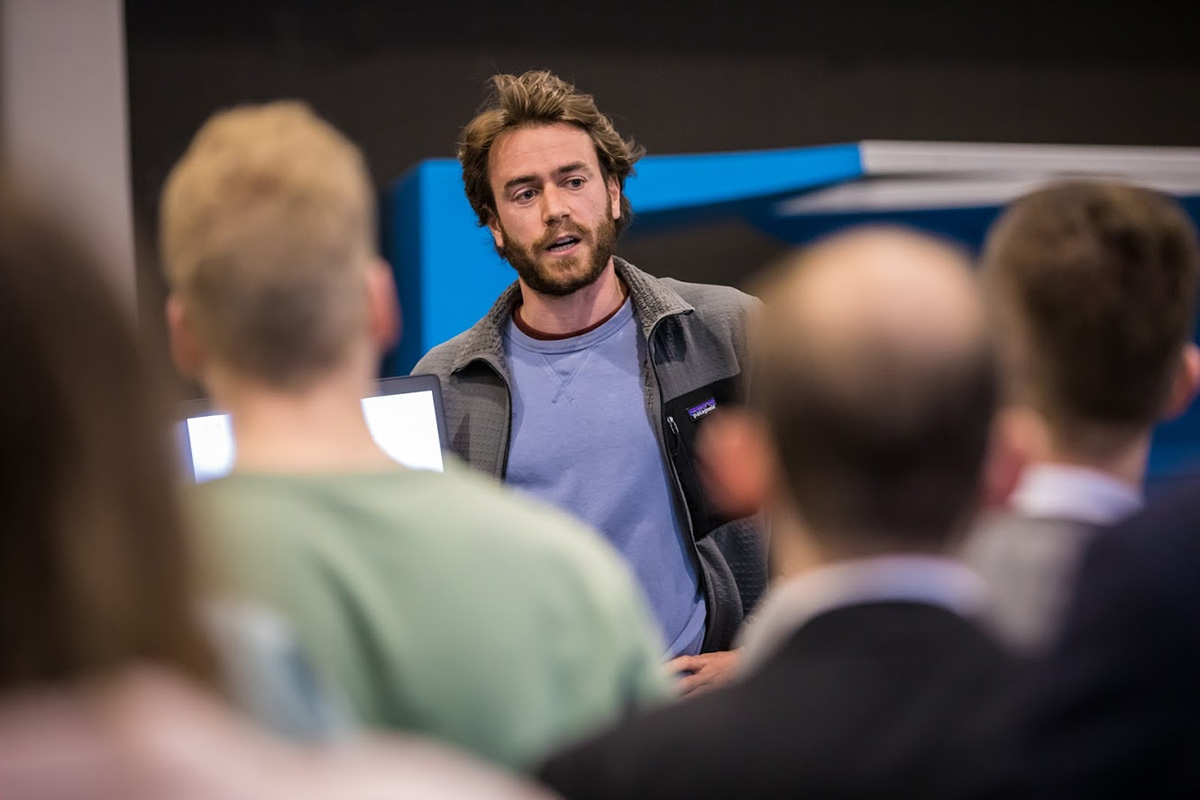Real impact
YES!Delft opened the doors of its first location in 2005 as one of the first incubators in the Netherlands, right next to the campus of Delft University of Technology. Today, with three locations in Delft, Rotterdam and The Hague, we have grown – and continue to grow – into a vast and vibrant community of entrepreneurs, mentors, partners and investors.
Combined with our unique set of programs and services, this enables startups and scale-ups to bring their disruptive technological innovations to the market as quickly and as effectively as possible. And thereby create a real, positive and often much-needed impact in society.
How do we differentiate ourselves? We support entrepreneurs who build complex products, both hardware and digital, in challenging markets, often with a run-up time and expensive prototyping involved. We take zero equity as we are a non-profit organisation. We believe that the entrepreneur comes first and we value quality over quantity.






























